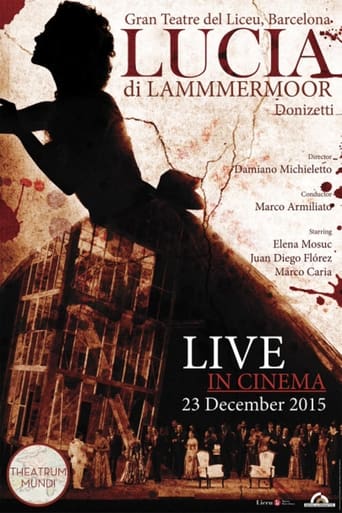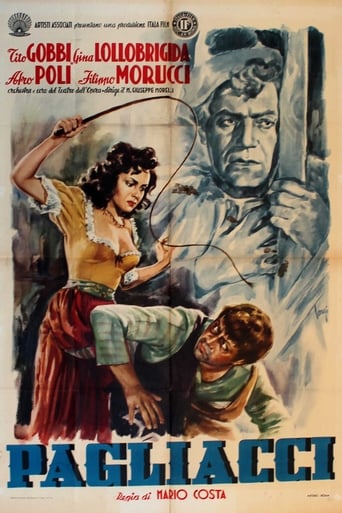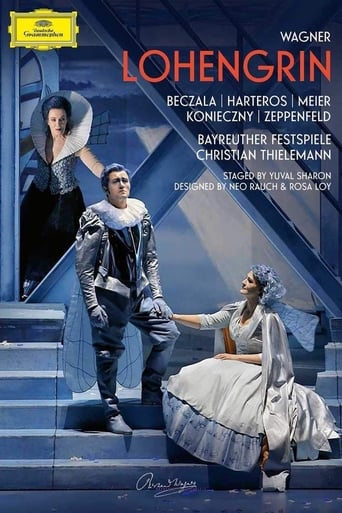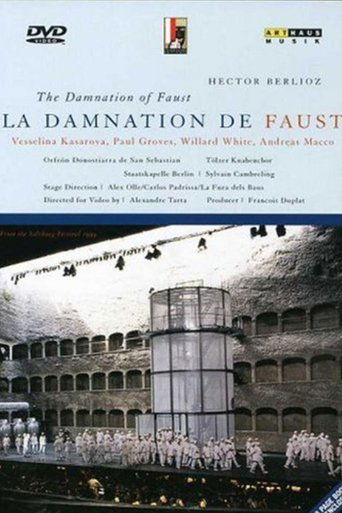
While excerpts of the score are popular today, like the Hungarian March in the first part or Marguerite's romanza "D'amour l'ardente flamme" in the fourth part, the complete "légende dramatique," as the composer called it, is rarely performed. But you must remind of this opera for its unity, its dramaturgy, its libretto (written by Gérard de Nerval) and its long lyrical flights of poetry. Alex Ollé and Carlos Padrissa (La Fura dels Baus) well understood it, when they staged this blazing and infernal version of Berlioz’s score. The musical direction by Sylvain Cambreling, but also the performance by Vesselina Kasarova (Marguerite), Paul Groves (Faust), Williard White (Méphistophélès) and Andreas Macco (Brander), joined by the Staatskapelle Berlin Orchestra, the Chorus Orfeón Donostiarra from San Sebastián and the Tölzer Knabenchor made this production at the Salzburg Festival a reference version of Berlioz’s score.
Release date : 1999-03-01
Production country :
Austria
Production company :
ArtHaus, Salzburger Festspiele
Durasi : 146 Min.
Popularity : 1
0.00
Total Vote : 0
Advantages of movie
Almost all films carry messages about love, struggle, justice, hope, or humanity that can inspire the audience.
movie Shortcomings
There are films that are too slow at the beginning and too fast at the end — or vice versa — making the audience easily bored or confused.
Related Movies
Movies

The Phantom of the Opera
1925
7.09
Movies
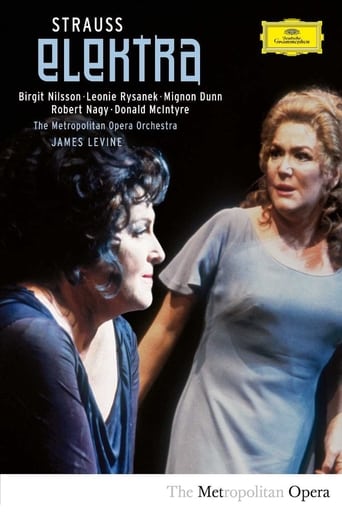
Strauss: Elektra
1980
1
Movies
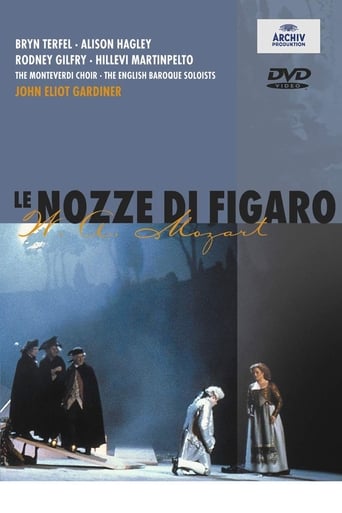
The Marriage of Figaro
1993
10.00
Movies

Puccini: Manon Lescaut
1980
1
Movies
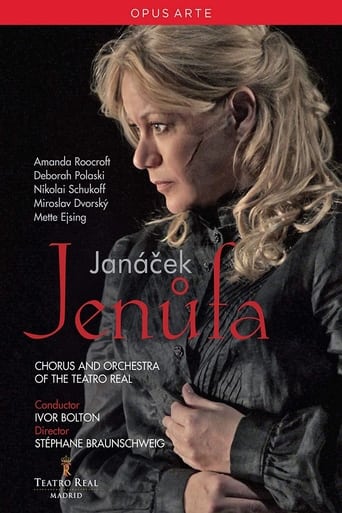
Janacek: Jenufa
2009
7.00
Movies

La Traviata
2001
6.50
Movies
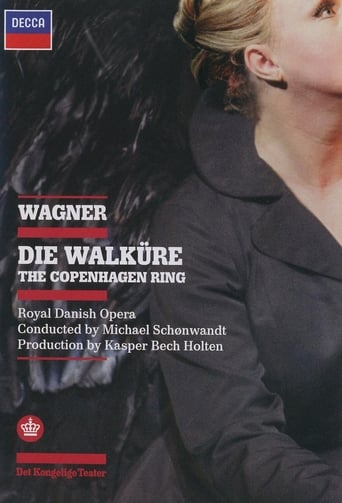
Die Walküre
2006
1
Movies

Così fan tutte
2013
6.80
Movies
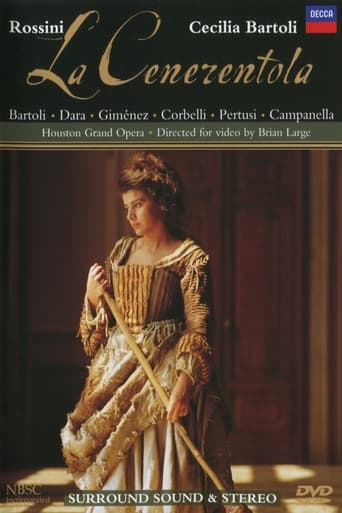
Rossini: La Cenerentola
2001
9.00





